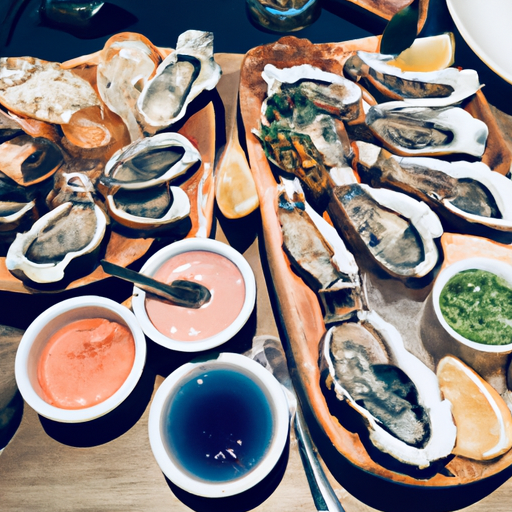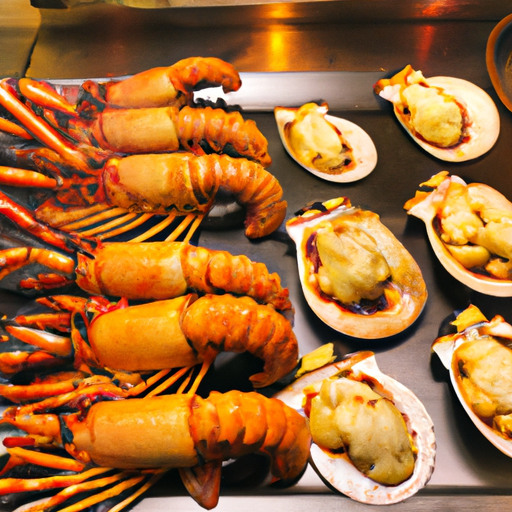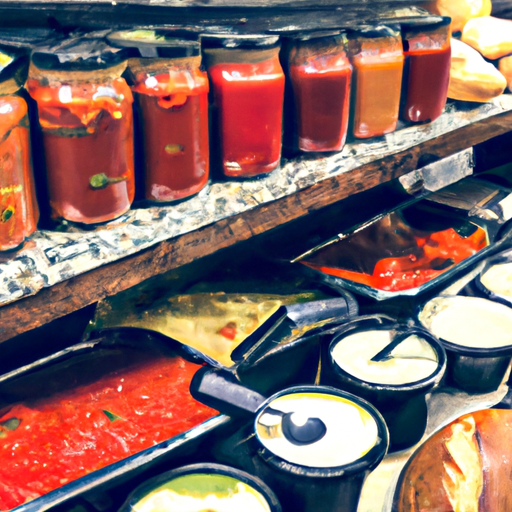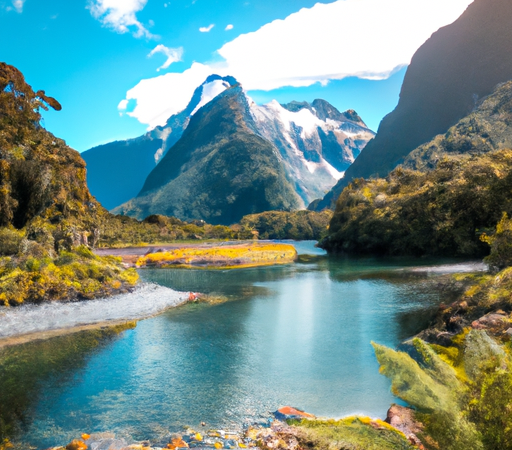Uncommon Foods and Local Delicacies: An Adventure in Culinary Exploration Across the Globe

Uncommon Foods and Local Delicacies: An Adventure in Culinary Exploration Across the Globe
Food is undoubtedly one of the most enticing aspects of travel. Whether you're a daring foodie or simply curious about new flavors, exploring the local cuisine of a foreign land can be a truly thrilling experience. While some dishes might be well-known and easily accessible, it's the uncommon foods and local delicacies that truly take you on a culinary adventure across the globe.
From the bustling streets of Southeast Asia to secluded villages in South America, every region has its unique culinary treasures waiting to be discovered. Embarking on a journey to uncover these hidden gems allows you to immerse yourself in new cultures and expand your palate, creating memories that will last a lifetime.

One of the most intriguing aspects of exploring uncommon foods is the opportunity to taste ingredients and dishes that are nearly impossible to find outside of their native country or region. Take, for example, the balut of the Philippines. This famous delicacy consists of a developing duck embryo boiled or steamed and then enjoyed with a dash of salt and vinegar. While it might sound unusual, the locals swear by its unique flavor and textural experience.
Similarly, in the heart of France, you can indulge in escargot, which are edible snails. Cooked in garlic and butter, these delicate morsels have been a staple in French cuisine for centuries. Despite being a peculiar choice for many, embracing the local customs and trying dishes like escargot can lead to surprising discoveries and a newfound appreciation for the intricate flavors of the world.
Venturing south to Australia, you might find yourself presented with a peculiar dish known as Vegemite. This dark, savory spread made from yeast extract might be an acquired taste, but for the locals, it is an iconic part of their breakfast routine. Slathered on toast, Vegemite offers a flavor profile that is unlike anything else, and tasting it is an essential part of understanding Australia's food culture.
In Japan, the land of sushi and sashimi, you might come across fugu, a type of blowfish known for being incredibly toxic if not prepared correctly. Eating fugu requires absolute trust in the skill of the chef, as only licensed practitioners are allowed to prepare and serve this potentially deadly dish. Although it may seem like a risky endeavor, fugu is sought after for its delicate taste and the thrill of indulging in something with an element of danger.

Meanwhile, deep in the heart of Latin America, adventurous foodies will delight in trying guinea pig, a delicacy favored in countries like Peru and Ecuador. Roasted or fried, this small rodent offers a distinctive flavor that pairs well with local herbs and spices. While it may seem unconventional to some, guinea pig is an integral part of the traditional cuisine in these regions, and tasting it creates a connection with the local culture that is hard to replicate.
Embarking on a culinary adventure to uncover uncommon foods and local delicacies not only expands your taste buds, but it also broadens your understanding and appreciation for different cultures. The act of indulging in unique dishes allows you to connect with locals, break down language barriers, and form meaningful connections through the universal language of food.
In a world where globalization sometimes threatens to homogenize culinary experiences, pursuing the uncommon and the unique keeps the spirit of culinary exploration alive. It reminds us that food is not just fuel for our bodies, but a rich tapestry of flavors, traditions, and stories that has the power to deeply touch our hearts.
So, step outside of your comfort zone, embrace the unfamiliar, and embark on a journey of culinary exploration. Uncommon foods and local delicacies are waiting to be discovered, inviting you to partake in a remarkable adventure that will forever enhance your love for food and travel.






